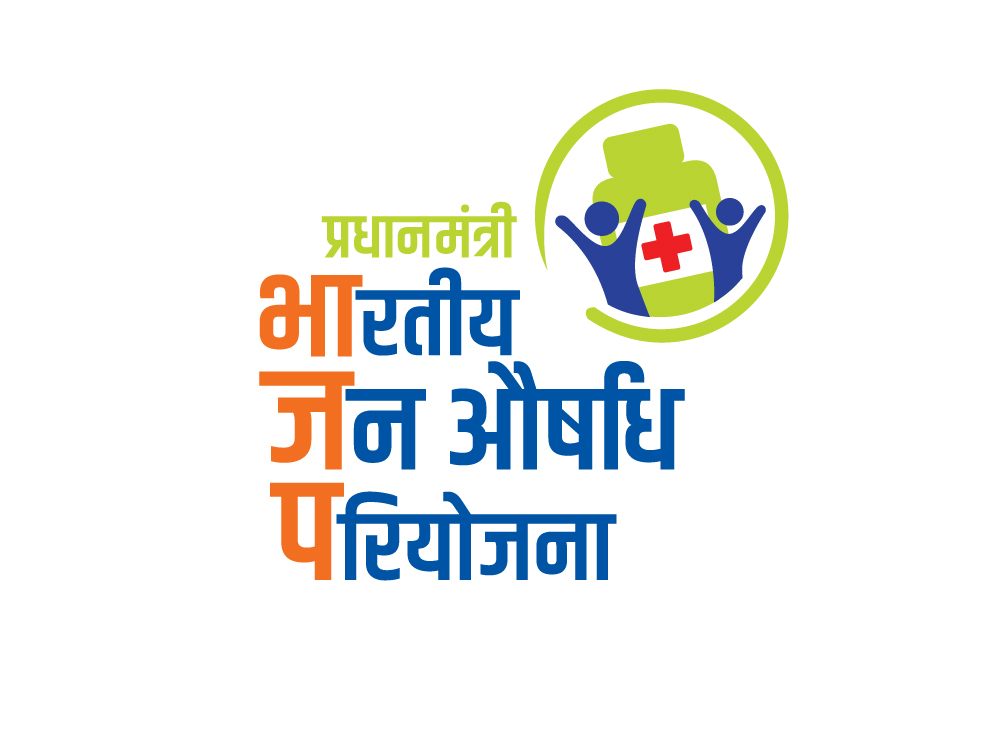The Central Government Health Scheme has been a crucial pillar of healthcare support for lakhs of current and retired government employees, including Members of Parliament and select judiciary officials. However, over the years, one of the recurring concerns has been the delayed supply of medicines, especially for senior citizens who rely heavily on these wellness centres for their daily healthcare needs. This issue was recently raised in Parliament, and the government’s response signals a major shift in how CGHS operations are being handled going forward.

In a query raised by MP Jaiprakash in the Lok Sabha, the government was asked whether beneficiaries had voiced concerns about medicine procurement delays at CGHS wellness centres. Minister of State for Health Prataprao Jadhav confirmed the issue and outlined a series of concrete steps taken to address the complaints. The government acknowledged that multiple beneficiaries, particularly elderly patients, were struggling due to slow delivery of essential medications. This was not just a matter of inconvenience but was seen as a critical disruption in routine care.
To tackle this problem, the Ministry of Health has now implemented a digital tracking system developed by the Centre for Development of Advanced Computing. This new software aims to streamline the entire supply chain of medicines within the CGHS framework. The platform monitors the demand, procurement, and delivery of medicines at every wellness centre. By identifying bottlenecks and ensuring real-time tracking, the software introduces much-needed transparency and speed to the process.
As per the revised timelines shared by the ministry, routine medicines are now ordered through the CGHS Medical Store Depot and Jan Aushadhi medicines are sourced directly from PM Jan Aushadhi Kendras. In Delhi and surrounding regions, these medicines are now delivered once every 35 days. This is expected to bring regularity to the system and help in maintaining stock consistently.

For medicines that fall under the restricted category and are prescribed by specialist doctors, a faster system has been put in place. In Delhi, beneficiaries can collect these medicines directly from the store depot on the next working day. In the National Capital Region, these drugs are delivered through nodal wellness centres within three to four working days. These timelines are a marked improvement from previous delays, providing faster access to critical prescriptions.
Another important reform is the mandatory role of local chemists. If any prescribed medicine is unavailable at the wellness centre, it must be delivered to the beneficiary within forty-eight hours by an authorised chemist. If this deadline is not met, penalties are imposed on the chemist responsible. This step creates accountability in the last mile of delivery and ensures that beneficiaries are not left waiting unnecessarily.
Over the past year, the CGHS system has undergone multiple improvements beyond medicine delivery. The panel of empanelled private hospitals has been expanded, giving beneficiaries more options for treatment. Digital health cards have also been introduced, making it easier for patients to access services without extensive paperwork. The government has also made efforts to revise CGHS rates and standardise processes, based on direct feedback from users.
Tele-consultation services have been rolled out more widely, especially with senior citizens in mind. With these services, elderly beneficiaries can now receive medical advice from the comfort of their homes without needing to visit the wellness centres for every issue. This feature not only saves time but also reduces physical strain, especially for those with mobility challenges.
These CGHS reforms represent a comprehensive effort by the government to modernise a decades-old system and address the concerns that matter most to its users. With digital interventions, improved delivery mechanisms, and patient-first thinking, the Central Government Health Scheme is now positioned to offer smoother and more reliable healthcare services to its beneficiaries.
For more updates on government schemes, policy changes, and personal finance insights, follow You Finance on Instagram and Facebook.














